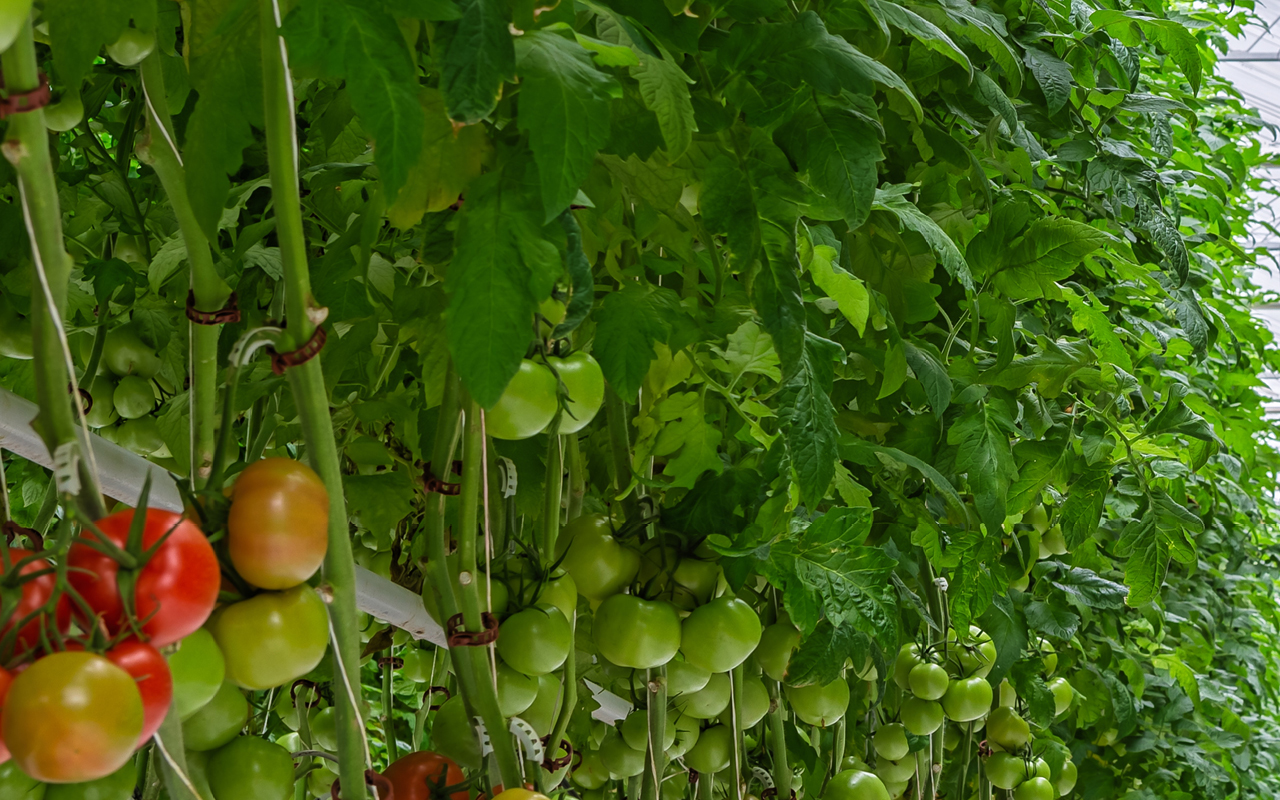Challenge Insect herbivory is a major threat to crop health and productivity, and current control methods often rely on chemical inputs that can harm ecosystems. Understanding the natural defence mechanisms plants use to resist insect attack is critical for developing more sustainable crop protection strategies.
Solution This project will investigate how mechanical stress (such as touch or wind) influences the plant’s internal defence systems, specifically focusing on apocarotenoid bioactive signals derived from carotenoids. It hypothesises that mechanical stimulation induces the accumulation of these compounds, which in turn modulate resistance to insect herbivory. The research will explore the biochemical and physiological pathways involved in this response.
Impact The findings could lead to novel, non-chemical methods for enhancing plant resistance to pests, offering a pathway toward more resilient and sustainable agriculture. By uncovering how mechanical and biochemical cues interact, the project may also open new directions in crop breeding and integrated pest management.






